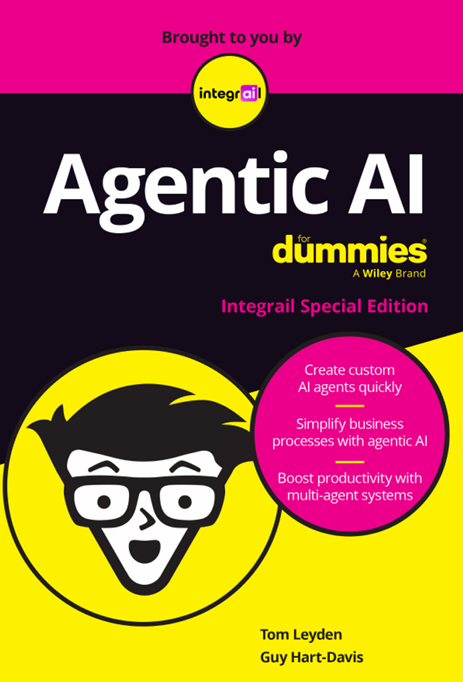Agentic AI for Dummies: Transform Your Business Automation
If you’re hearing about Agentic AI and wondering what all the fuss is about, you’re not alone. It sounds complex, but here’s the good news: it’s...
Explore key ethical considerations in AI-driven business automation, including data privacy, bias prevention, and the role of human oversight.
As AI becomes a staple in business operations, it brings with it a host of ethical considerations that organizations must address. While AI offers incredible efficiencies, its use also raises important questions about data privacy, bias, and the need for human oversight. This article explores these ethical concerns and offers practical steps for businesses looking to navigate the complex landscape of AI-driven automation.
In the age of big data, AI systems thrive on information. However, the collection, storage, and use of this data are not without risks. Ensuring data privacy isn’t just about avoiding legal issues—it’s about building trust with your customers.
Key Points:
AI systems learn from data, and if that data is biased, the AI’s decisions will be too. This can lead to outcomes that are unfair and even discriminatory.
Key Points:
While AI can handle many tasks, there are areas where human judgment is irreplaceable. Combining AI with human oversight ensures that decisions are made ethically and responsibly.
Key Points:
AI regulations are constantly evolving, and businesses need to stay informed to remain compliant. Ignoring these regulations can lead to legal issues and damage your reputation.
Key Points:
Implementing AI ethically isn’t just good practice—it’s essential for long-term success. Here are some steps to help you get started:
As AI continues to integrate deeper into business processes, addressing its ethical implications is essential. By focusing on ethical AI, businesses can build stronger relationships with customers, avoid potential legal issues, and ensure that their operations are aligned with broader societal values.
Implementing ethical AI is not just about avoiding risks—it’s about creating a sustainable and trustworthy foundation for future growth. By taking these considerations seriously, businesses can harness the full potential of AI while maintaining integrity and trust.

If you’re hearing about Agentic AI and wondering what all the fuss is about, you’re not alone. It sounds complex, but here’s the good news: it’s...

Multi-Agent Systems (MAS) are rapidly transforming the landscape of artificial intelligence, offering powerful solutions for complex problems across...

Artificial Intelligence (AI) chatbots are reshaping how businesses, educators, and individuals interact with technology. From answering customer...
Start your journey with Integrail

Try AI Studio by Integrail FREE and start building AI applications without coding.

NEW White Paper: Discover how AI Studio accelerates your workflows